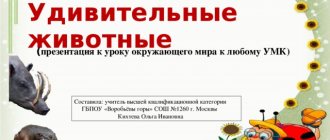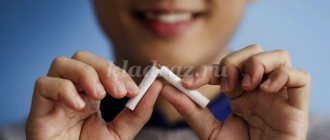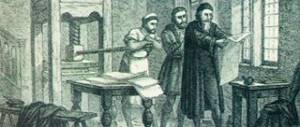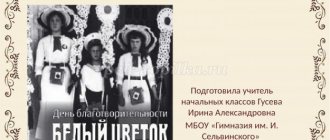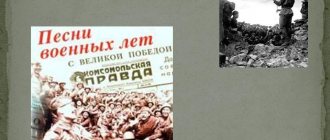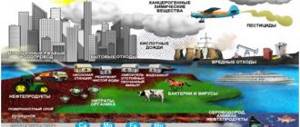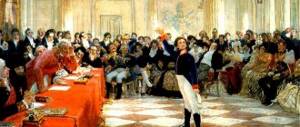Extracurricular activity program “Moral Lessons”
VALUES
Education of citizenship, patriotism, respect for human rights, freedoms and responsibilities.
Values: love for Russia, one’s people, one’s land, service to the Fatherland.
Education of moral feelings and ethical consciousness.
Values: moral choice, life and the meaning of life, justice, mercy, honor, dignity, freedom of conscience and religion, tolerance, ideas about faith, spiritual culture and secular ethics.
Fostering diligence, a creative attitude to learning, work, and life.
Values: respect for work, creativity and creation, desire for knowledge and truth, determination and perseverance, frugality.
Formation of a value attitude towards family, health and a healthy lifestyle.
Values: respect for parents, care for elders and younger ones, physical health and the desire for a healthy lifestyle, moral and socio-psychological health.
Fostering a value attitude towards nature and the environment (environmental education)
Values: native land, protected nature, planet Earth, environmental consciousness.
Fostering a value-based attitude towards beauty, forming ideas about aesthetic ideals and values.
Formation of UUD
Personal results
The student will have the following:
orientation in the moral content and meaning of both one’s own actions and the actions of those around them;
knowledge of basic moral standards and orientation towards their implementation;
development of ethical feelings - shame, guilt, conscience as regulators of moral behavior;
understanding and empathizing with other people's feelings;
Meta-subject results
The student will learn:
— accept and save the learning task;
- take into account the action guidelines identified by the teacher in the new educational material in collaboration with the teacher;
— plan your actions in accordance with the task and the conditions for its implementation, including in the internal plan;
- adequately perceive suggestions and assessments of teachers, comrades, parents and other people;
- make the necessary adjustments to the action after its completion based on its assessment and taking into account the nature of the mistakes made, use suggestions and assessments to create a new, more perfect result, use digital recording (fixation) of the progress and results of solving the problem, one’s own speech in Russian , native and foreign languages;
Regulatory
The student will learn:
• search for the necessary information to complete educational tasks using educational literature, encyclopedias, reference books (including electronic, digital), in the open information space, in
including the controlled space of the Internet;
